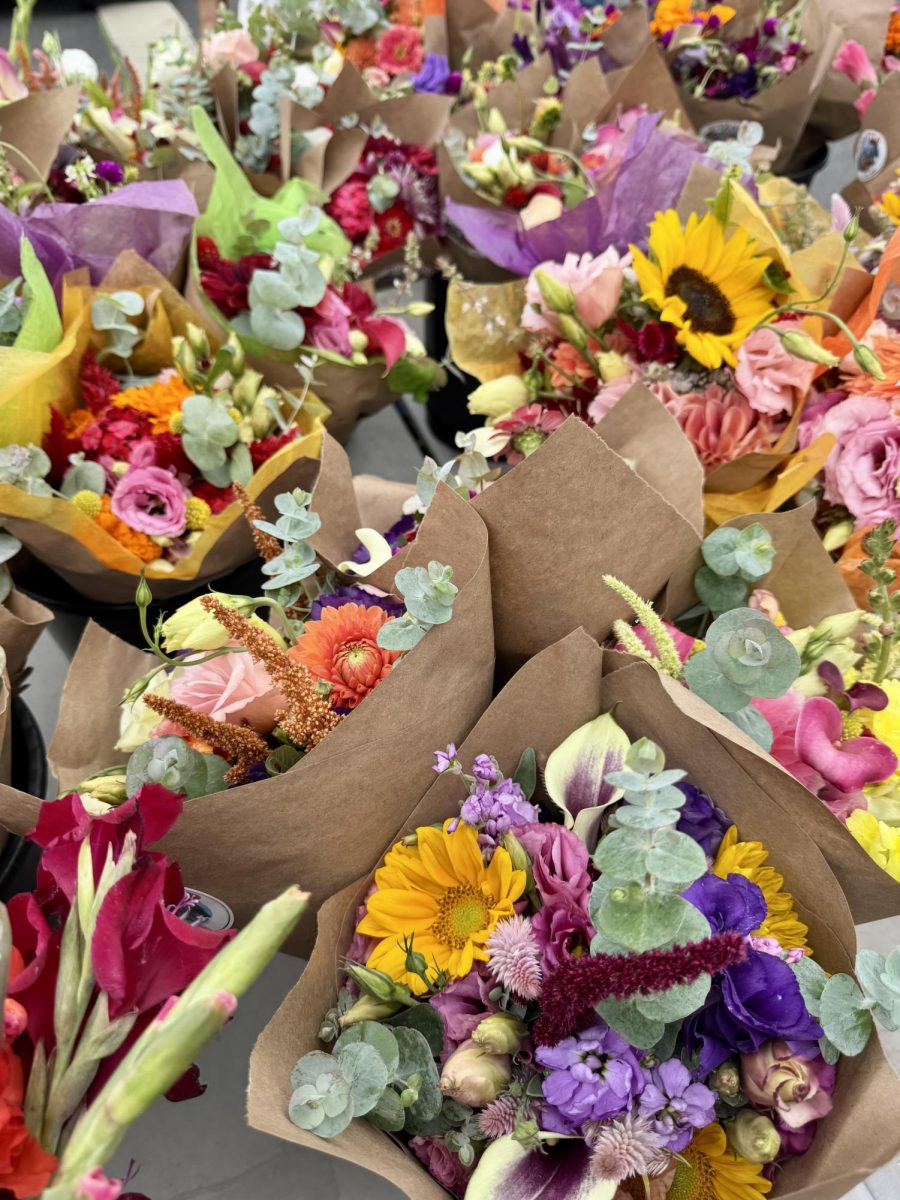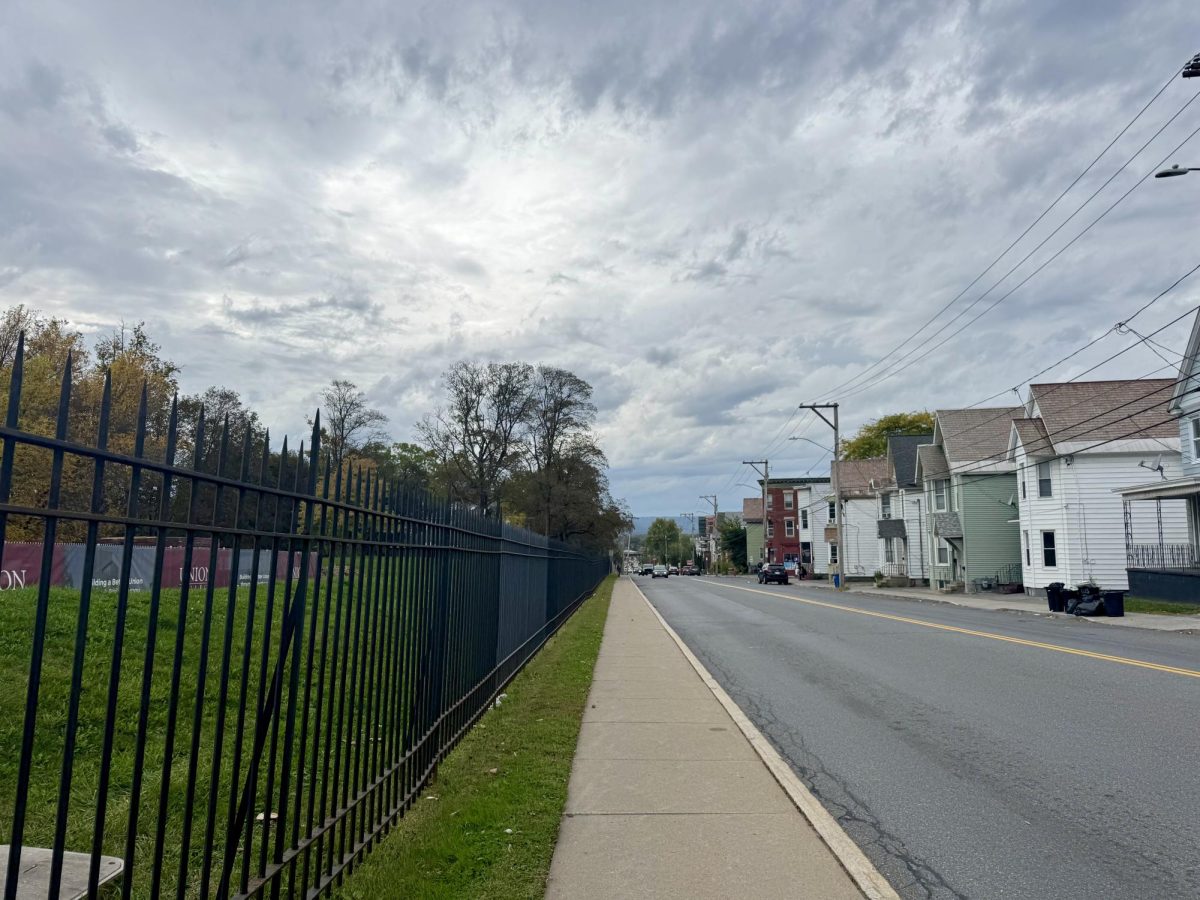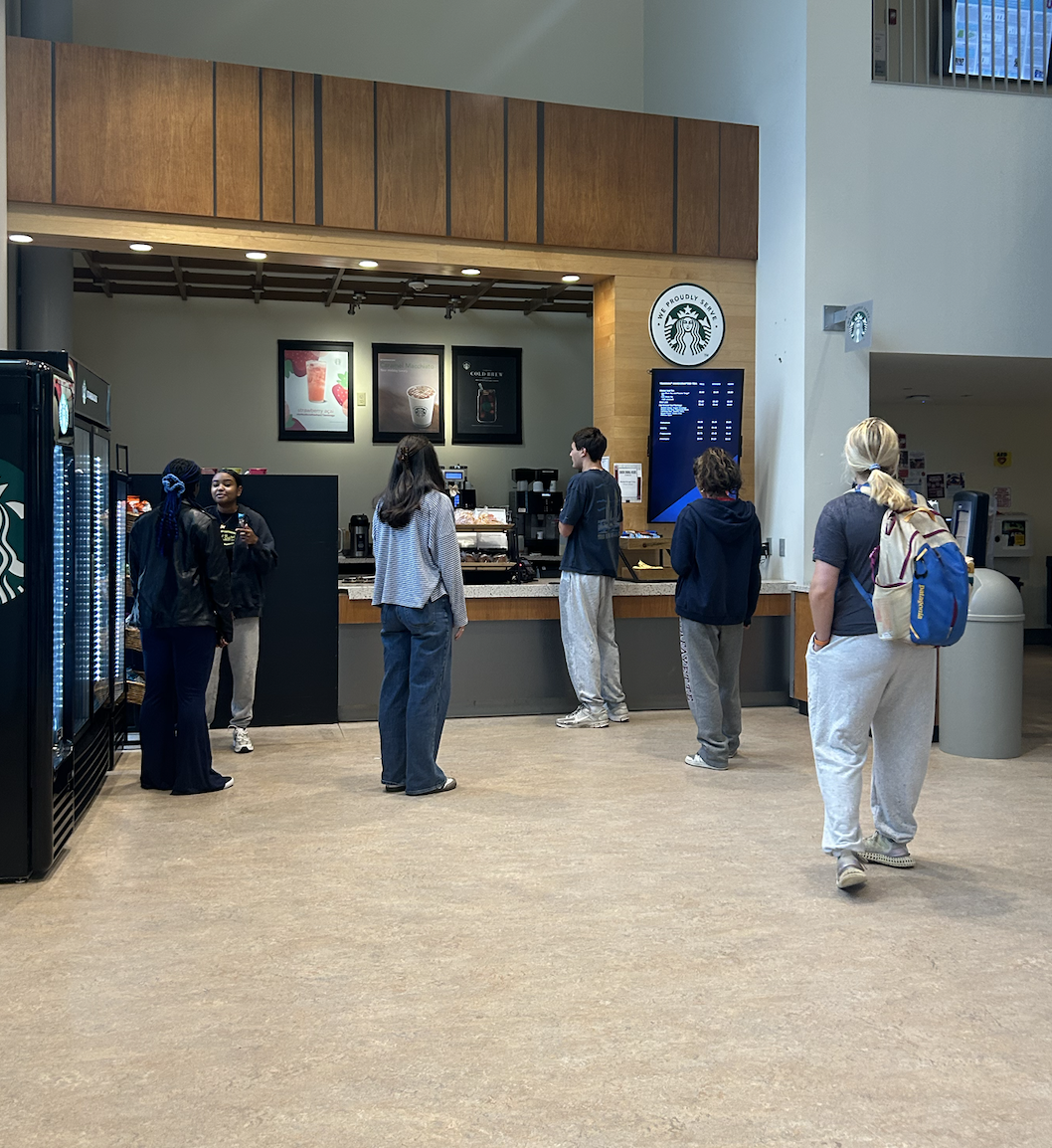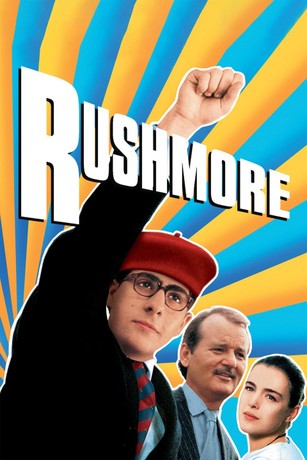“Seasonal depression” is a term that’s been thrown around a lot lately. Often seen on social media, the term is defined as “depression or moodiness that comes and goes in a specific time of the year or period of time,” so eloquently by Urban Dictionary. As with most mental health/illness phenomena that find themselves in a social media surge, the term can (and has, in my opinion) lose its meaning completely.
Don’t get me wrong, seasonal depression is a real struggle for some people (though, the people who actually struggle with it probably know that it’s really called “seasonal affective disorder”). Less sunlight and shorter days during the winter season can cause, in some, the typical depression symptoms: little or no interest in once-beloved activities, feelings of guilt and loneliness, and low self-esteem. Once again, do not get me wrong, I recognize the legitimacy of this issue. My personal gripe with the term’s popularity on social media comes from the people who aren’t quite using it right.
For instance, floating around our Union College campus, I have heard the direct words, “I just really can’t do my work today, it’s like I have seasonal depression.” That is probably not true, I hate to break it to you. I don’t know what else was going on in this person’s life that might have contributed to that statement, but I do know that just not wanting to do your work because it’s cold and snowy out is not seasonal affective disorder (or “seasonal depression”).
Trust me, I’m most certainly one to make excuses about not doing a particular assignment. Usually, they tend to be along the lines of “I’m too tired, the work I do now will just be bad anyways, so I might as well do it in the morning.” I’ve even pulled out a “This assignment is too hard, I don’t want to ruin my streak of work that I’m good at,” and, thus, the assignment gets put off. Let it be known that the work does get done…just maybe not as soon as it could be.
Regardless, I do feel that the “seasonal depression” term, diagnosis, excuse—whatever you think of it as—has been simultaneously overused and misunderstood. I understand that this cold weather and dreary landscape can make it difficult for some people to want to get up and get on with their days. It can even act as a causal influence of your procrastination when work is due, and I fully support that. Not necessarily saying that I support not doing work that has to be done, but if you want to blame it on the chilly weather outside your cozy bed, that’s fine by me. What I can’t say the same for is using this “seasonal depression” explanation when, in fact, that claim hasn’t even been diagnosed by or discussed with a medical or psychological professional.
As a society, most prominently on social media, we continue to further perpetuate the stereotypes around mental health each day by minimizing things like depression and seasonal affective disorder. Saying you have depression (seasonal or otherwise) when you really don’t doesn’t help individuals who do; it doesn’t make them feel better and it doesn’t magically cure their incurable mental disorder just because you happen to share a few symptoms. More often than not, people who implement mental illnesses seek to gain attention over others, adding symptom upon symptom to ‘one-up’ others who might actually be experiencing the disorder. In closing, I urge anyone reading to make an extended effort to think about those suffering from mental illness this season, and the next time you want to connect, sympathize, or rationalize on the basis of undiagnosed “seasonal depression,” I hope that you think twice.











